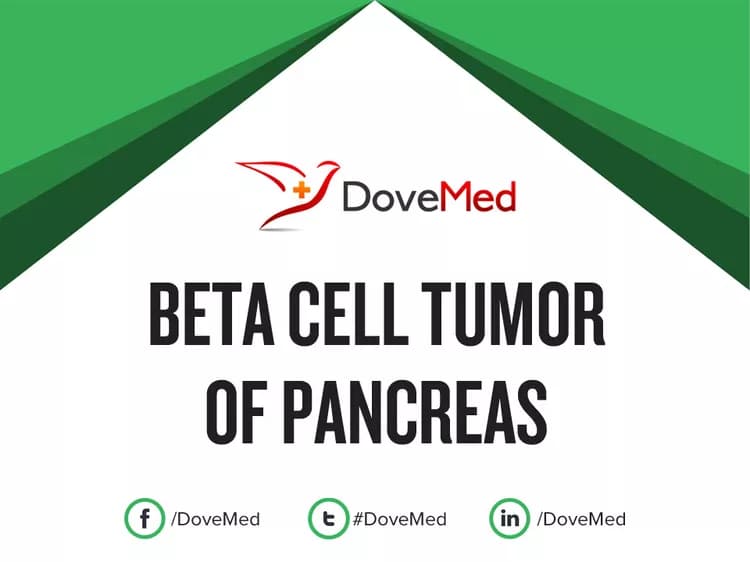The topic Beta Cell Tumor of Pancreas you are seeking is a synonym, or alternative name, or is closely related to the medical condition Insulinoma.
Quick Summary:
- Insulinoma is a rare tumor of the beta cells of the pancreas, which secretes insulin. They are considered to be functionally-active tumors, because they secrete insulin. Due to this secretion, they cause low blood glucose levels, which is termed ‘clinical hypoglycemia’
- About 90% of Insulinomas have a benign behavior, while 10% may turn malignant. These pancreatic tumors generally occur in adults, especially in women
- These tumors may be small and during the early stages may not cause any significant signs and symptoms, making it difficult to detect an Insulinoma. Malignant tumors have more severe signs and symptoms than benign tumors
- Insulinoma can cause sweating, vision abnormalities, confusion, etc. in the affected individuals, due to reduced glucose levels in blood. Malignant tumors may infiltrate into local tissue or even metastasize
- There are various treatment modalities available to address the condition; although, a complete surgical excision is the preferred mode of treatment. In cases of metastasis, a combination of chemotherapy, radiation therapy, and surgical procedures may be used
- The prognosis of Insulinoma depends upon many factors including the behavior of the tumor (if benign or malignant) and overall health of the individual. Generally, a benign Insulinoma has an excellent prognosis with appropriate treatment
The pancreas is an important organ of the digestive system.
- Based on function of the pancreas, it can be functionally divided into 2 parts, namely:
- Exocrine pancreas, which produces digestive enzymes, and
- Endocrine pancreas that produces hormones such as insulin, glucagon, and somatostatin. Insulin and glucagon helps with controlling sugar levels in blood
- 95% of the pancreas is exocrine portion and 5% is endocrine portion. Pancreatic tumors (both benign and malignant) can arise from both the exocrine and the endocrine part
- Based upon anatomy of the pancreas, it can be divided into 3 main parts, namely the:
- Head,
- Body, and
- Tail
- Pancreatic tumors can affect the head, body, and tail region of the pancreas. Some tumors can affect one area of the pancreas more than the other areas.
Hence, localizing the tumor site can guide the healthcare provider to arrive at a probable diagnosis.
Please find comprehensive information on Insulinoma regarding definition, distribution, risk factors, causes, signs & symptoms, diagnosis, complications, treatment, prevention, prognosis, and additional useful information HERE.
Related Articles
Test Your Knowledge
Asked by users
Related Centers
Related Specialties
Related Physicians
Related Procedures
Related Resources
Join DoveHubs
and connect with fellow professionals


0 Comments
Please log in to post a comment.